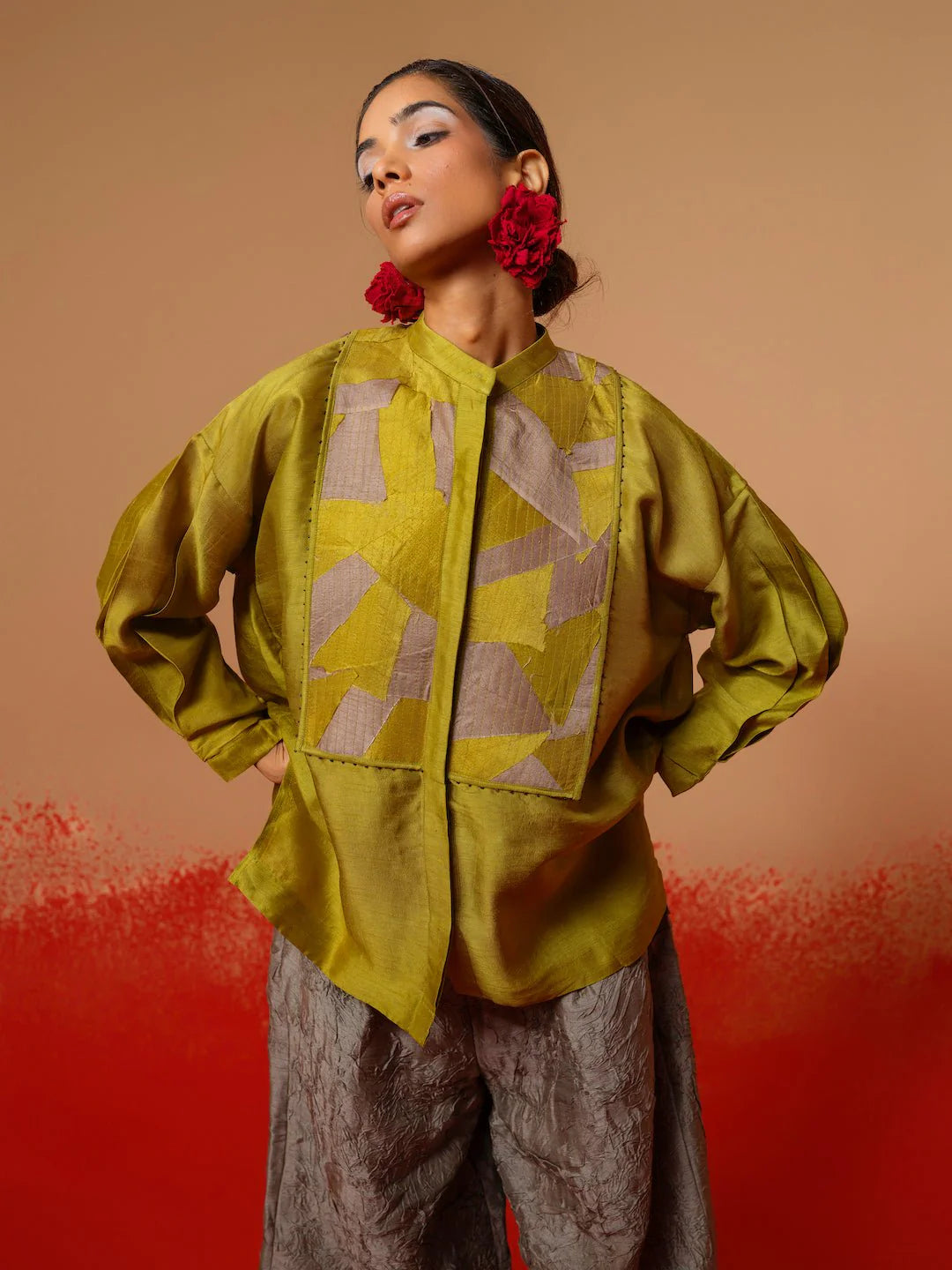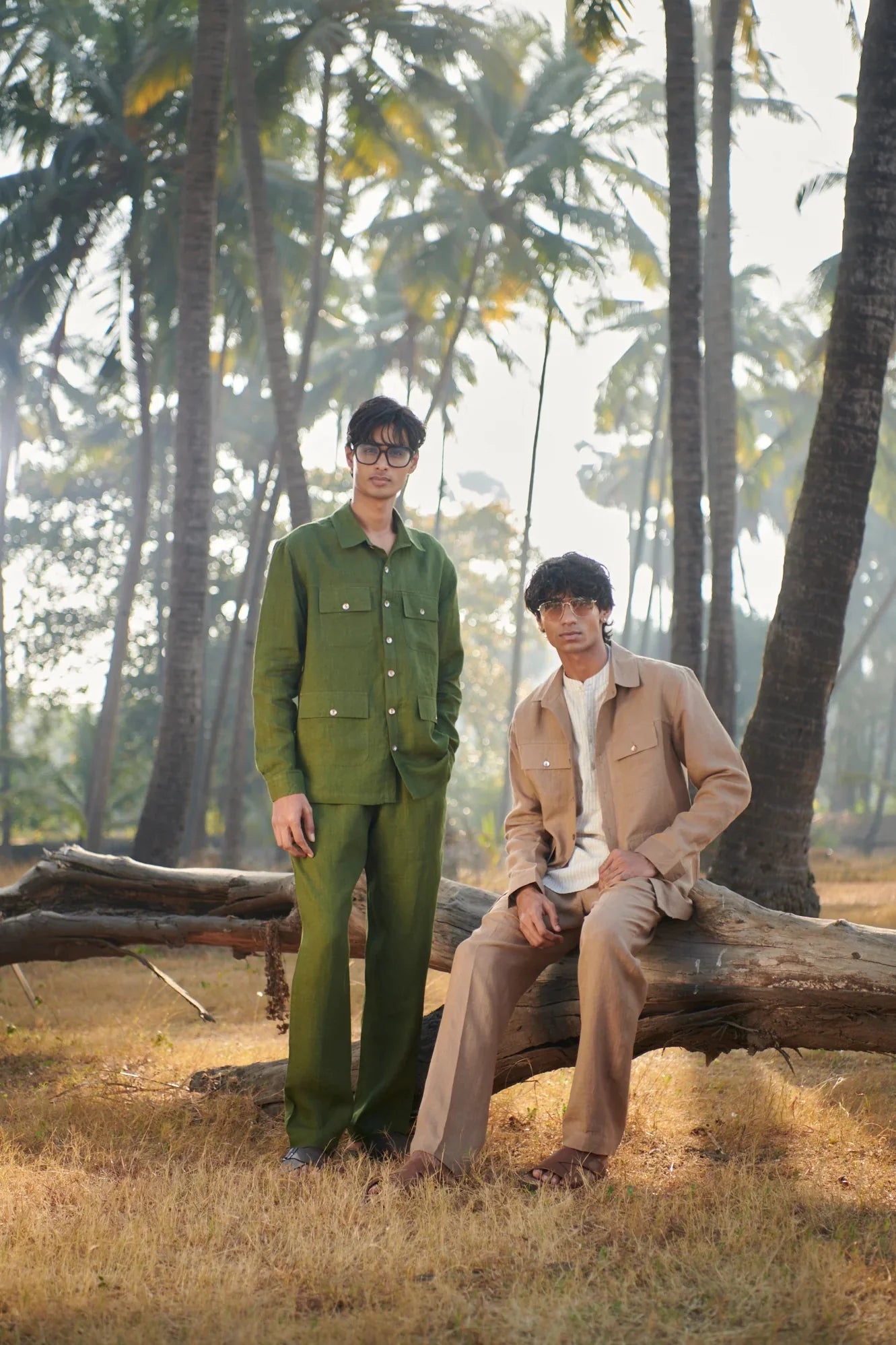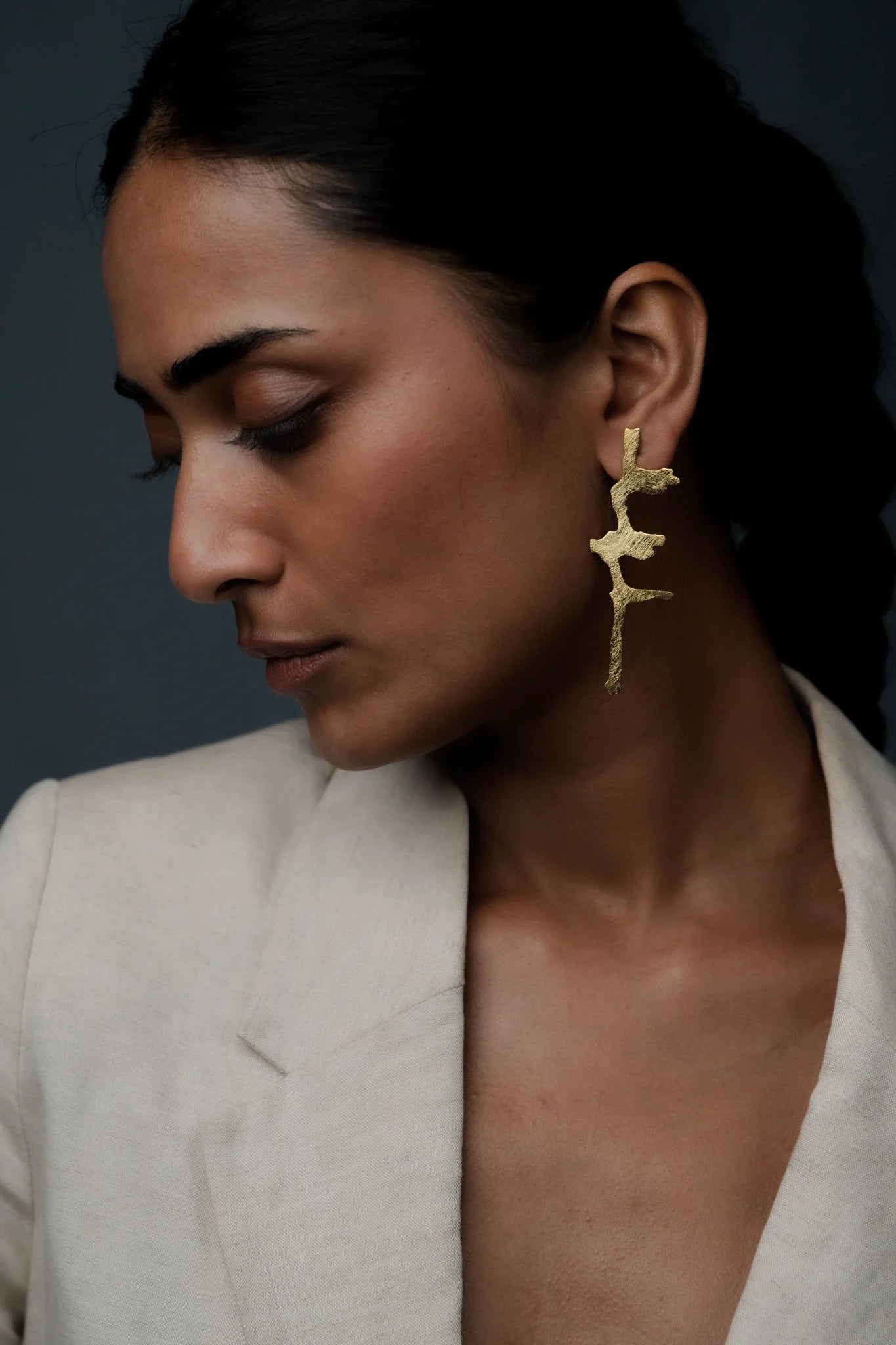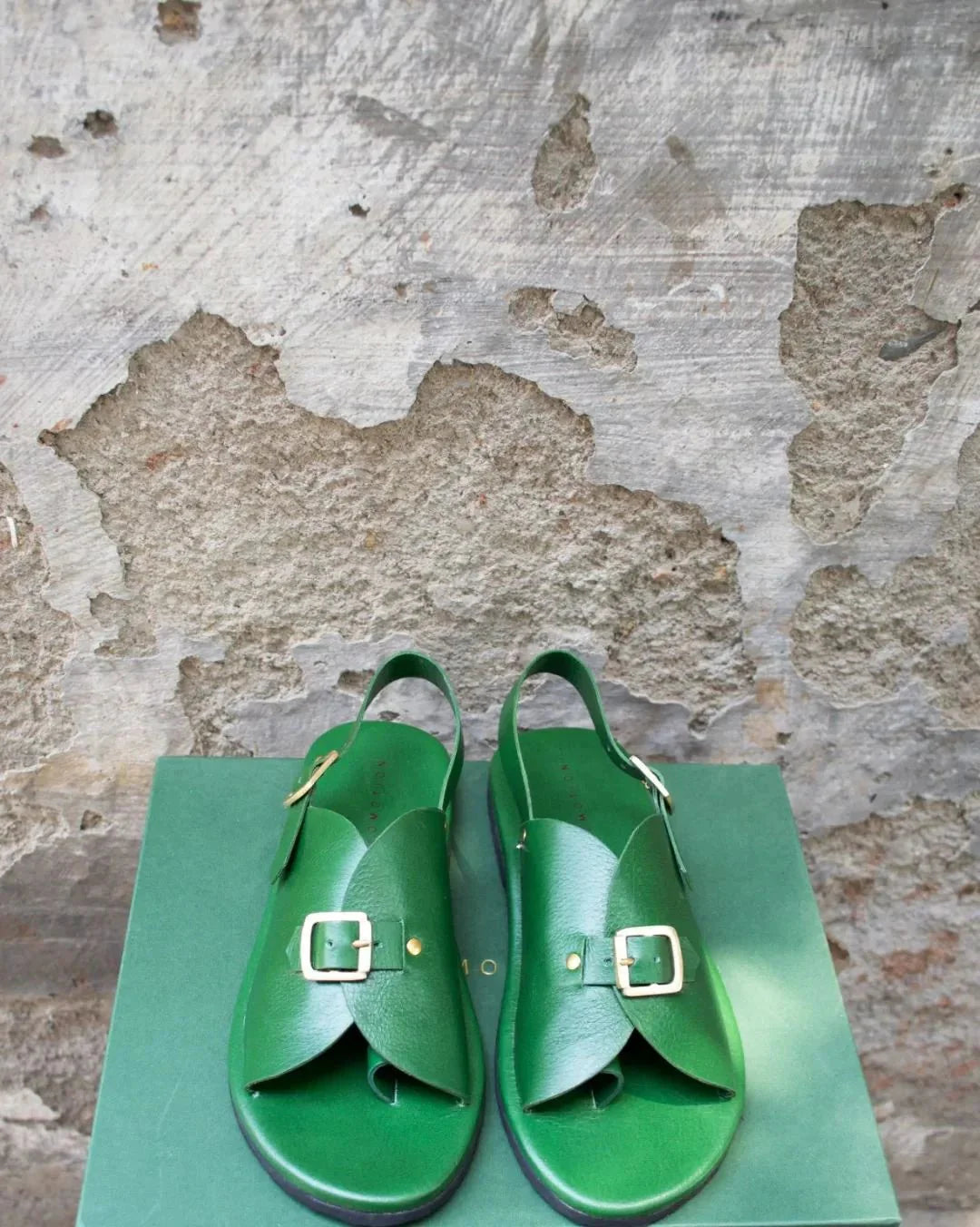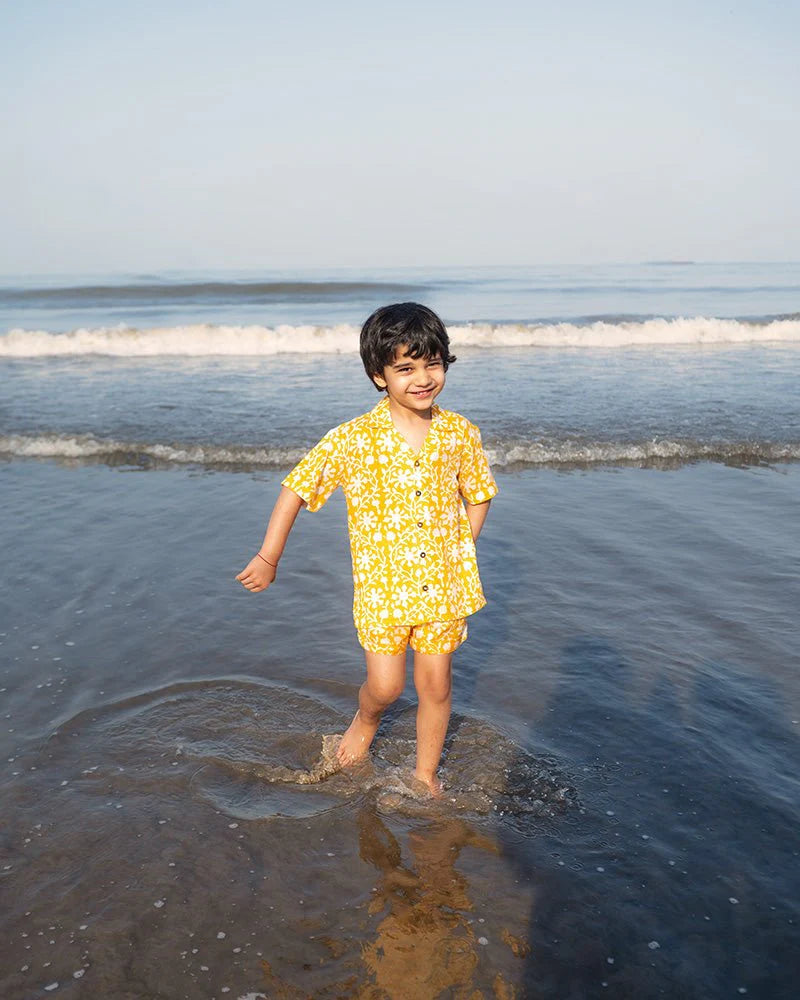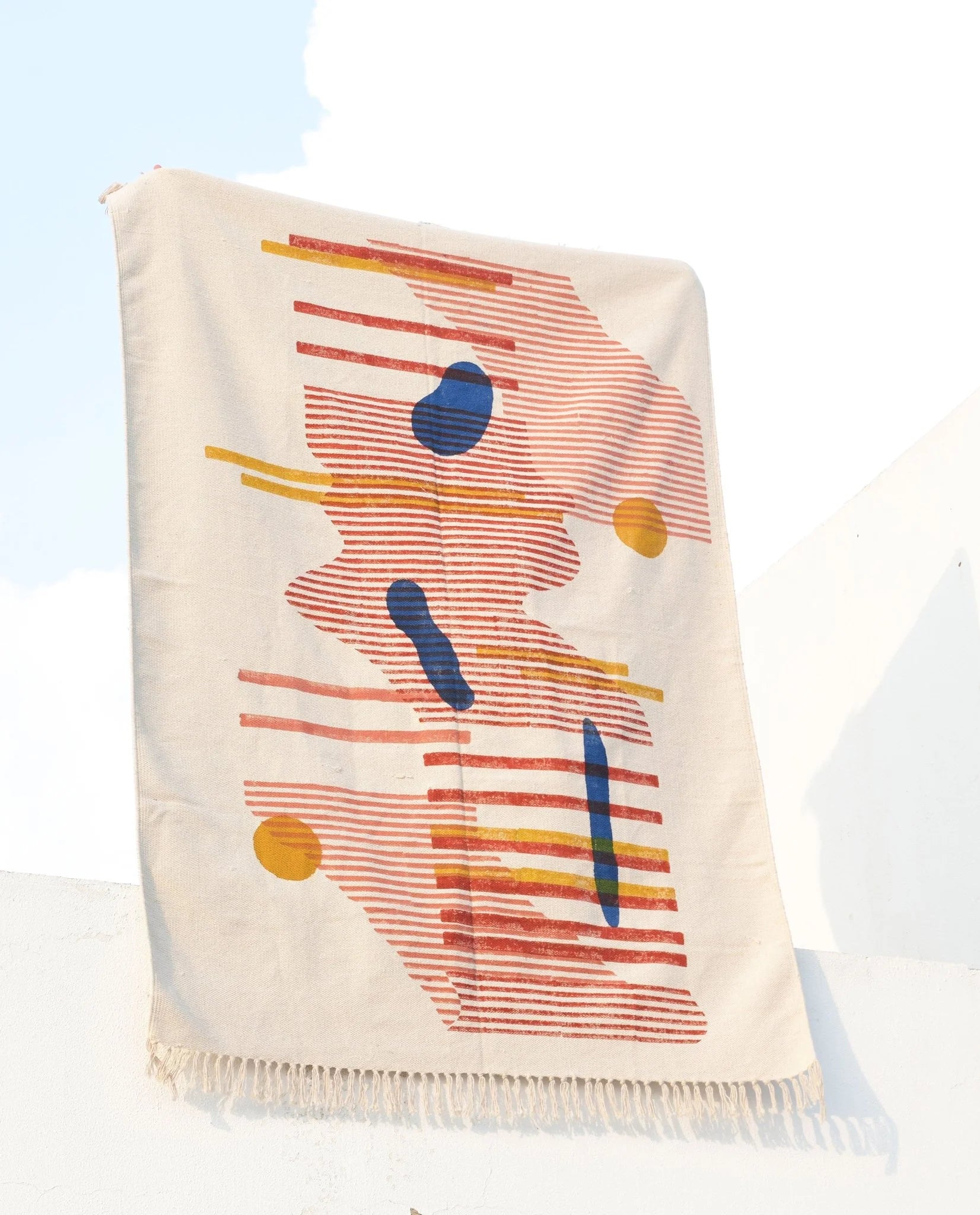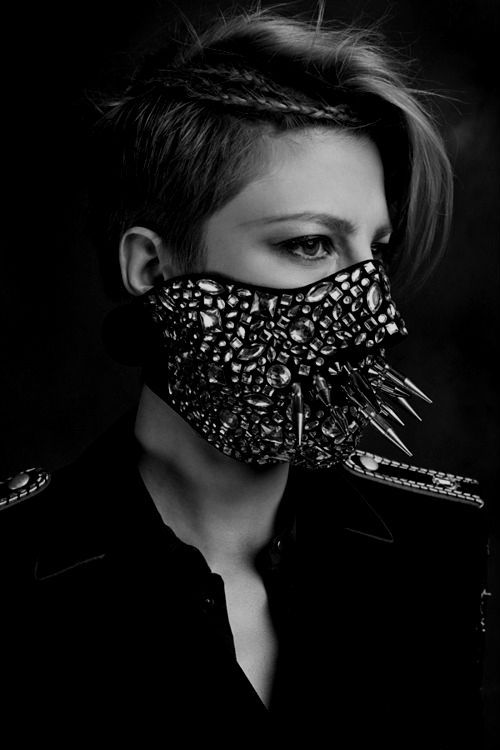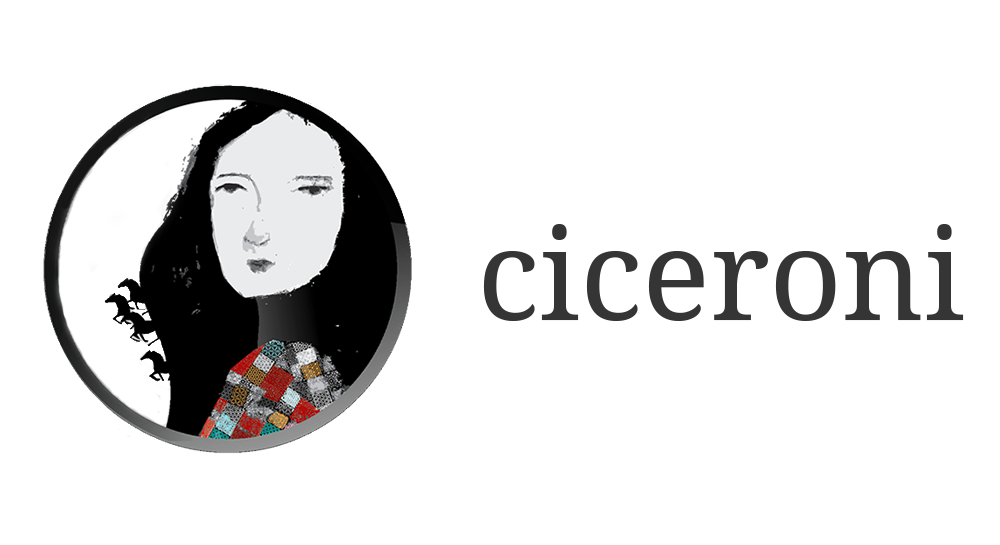The pandemic’s spread across the globe at an expeditious pace has made it clear that the entire world is now divided into Before Covid (BC ) and After Covid (AC). With each industry trying to decode their own business strategies and fighting their own battles, we know that the world will never be the same again.
Previously, Ciceroni forecasted the Future of Fashion Industry post Covid-19 that delved into the future of fashion From textile mills and craft clusters to small businesses to luxury fashion brands, the fashion industry has faced a challenging time, but, has the pandemic brought with it a new future for the fashion industry?
The masks began appearing almost immediately after the infection was identified in various parts of the world creating a new, unsure segment for the apparel and accessory industry. Be it the invention of sunglasses to protect our eyes from UV rays or the making of the boiler suit, fashion has always fairly managed to turn a utility staple into a fashion statement. So, it is no longer a matter of surprise that the protective face covering essentials we have been advised to don to curb the spread of Covid-19 has quickly been embraced and beautified by fashion brands around the world.
While the few stick to the idea of sustainability, slow fashion and supporting the local artisans, the others look at this opportunity to encash for all the months when their sales stood hampered. The general whiff is that fashion houses are catering to changing needs of market and by doing so, are ensuring that business keeps coming thereby keeping employment intact for their employees. Considering that masks are a necessity now and could become a “new normal accessory” in the near future, should fashion brands commercialise on the production of masks in the light of a serious health crisis?
Disturbed by seeing masks turn into a fashion accessory amidst the pandemic, Asif Shaikh, Ahmedabad based Master Embroider, Textile and Fashion Designer said “It is heartbreaking to watch designers and brands use masks to ensure consistent cash flow. How can the fashion industry utilize a life-threatening disease that has taken the lives of many as an excuse to gain revenue? Are these brands paying their artisans well enough to get through the crisis?.”
Giving us an insight into the importance of conserving Indian crafts and textiles in its original form, he revealed that “I saw one person wearing a mask with Mata – ni – Pachedi designed on it. Mata-ni-Pachedi which is a traditional art of painting the image of goddess Durga on a piece of cloth and it is considered a sacred art form. How can one create something like that? This is just a testimonial of how educated and mindful our designers and craftsmen are. ”
-

Asif Shaikh
Supporting his statement, Paromita Banerjee, Indian Fashion Designer and Founder/ Director- Paromita Banerjee said “Fashion industry has been volatile and it is utterly disappointing to see brands function this way. Of course businesses mean differently to different people. Designers and brands can always make use of their facilities to manufacture more masks and provide it to those in need. But, cashing on a pandemic is not right on humanitarian grounds. We, at Paromita Banerjee, are giving away complimentary masks to our clients as a token of appreciation as they have patiently waited for us to deliver their order.”
-

Paromita Banerjee
Celebrated designer Sabyasachi Mukherjee spoke about the same during his session with Nonita Kalra at India Today’s E-Conclave Corona Series 2020. He said “I think it is really obnoxious and it is really offensive to do designer face masks. If I have to use my factory to be able to manufacture face masks, which is just a simple mask and where I am only a vendor, I am happy to do that. I will never put my label on a face mask. Ever.”
-

Sabyasachi Mukherjee
This is a classic case of moral and ethical dilemma that brands and designers are facing. While some choose to hold their grounds with what is right, others seems to have a different view of the situation. Beyond ethics, they cater to the business mantra “ What is the demand right now and we shall cater to it”.
Ciceroni, in a bid to dig deeper in this prevailing grey situation, spoke with different brands and fashion consultants to understand their idea of mask business, glamour association and medical safety.
Highlighting the importance of safety over design, a spokesperson from Linen Club said “We at Linen Club have thoughtfully designed anti-viral and anti-bacterial masks with special 3 layer shield. We have made the masks available in both printed and solid hues along with soft elastic ear loops to add a minimal designing element as we redefine accessories for men’s formal wear.”
“Sustainability is the key philosophy for everything we do at Covet ” said Namrata Patel of Covet by Namrata from Baroda. Raising her concern over the economic crisis, she said “ A lot of labels might try and capitalize on this opportunity by getting into mass production of masks, which in turn, would create more employment opportunities. But I feel, not every brand would be willing to take that kind of risk, given the current slack. Most of them would continue to add on this new product line from their existing resources and set up.”
Adhering to the idea of Reuse and Recycle, she added, “All our masks are made up of upcycled and breathable organic cotton and linen fabrics that we use to make our garments. From pretty pastel shades in dainty summer prints to classic checkered masks in black, grey and blue, we have what fashionistas would look for to amp up their casual wear.”
A stitch in time saves nine. Some designers started making masks to provide it to lesser fortunate and gradually evolved their business as per market need.
Ayushi Subhash Agarwal of Atrangi label from Ahmedabad on helping those in need, said “We at Atrangi came up with basic masks to distribute to the less fortunate. All the products were given to Aasmaan foundation and now after three months, we have observed a slow and steady demand for ‘matching masks’ as now they are undeniably become a fashion statement.”
Fashion Consultant Heena Somani on embracing the mask trend said “Basically this will be a piece of an accessory similar to let’s say like a headband. People would enjoy mix-matching their garments with their masks. Eventually, luxury brand masks could become a thing too.”
Catering to Indian Weddings in times of Corona and introducing his latest mask collection “Mukhota”, Kashyap Shah, Founder and Designer, Label Kashyap Shah from Baroda shared “Masks will be a utility fashion essential going forward. Since our label specialises in crafting embroidery rich wedding and couture ensembles, designing masks to go with the ensembles seemed the right thing to do as we adjust to the new normal ways to celebrate weddings and festivities. Intricately hand-embroidered with the traditional Gota Patti and beadwork, these masks can be seamlessly donned with any Indian festivities.”
With contradicting viewpoints amidst the fraternity, the moot point here would be – if fashion brands and designers are creating masks, more than it being a style staple and matching accessory, they better be safe and boast of some health effectiveness too.
From being digitally-dyed and printed to those crafted in a variety of fabrics, are these designer masks safe for the skin?
Dr. Ipsa Pandya, Consultant Dermatologist from Baroda highlights on the medical safety perspective as she shares her concern, “Chemically dyed masks are harmful for the skin as the dyes come in direct contact with the skin, causing rashes and maybe bruises. One of the key aspects of using a mask is to wash and sanitize it thoroughly. Brides are opting for embroidered masks I hear. It is necessary for them to avoid it as they may not know what kind of materials are used in designing them. Also for the purpose of longevity, these embroidered masks are difficult to wash frequently, may not suit long term purposes. Instead, I recommend everyone to use double-layered simple cotton masks made by local craftsmen and artisans, that are reusable and washable.”

Dr. Ipsa Pandya
The evolution of masks could be either a weapon to battle the growing economic crisis in fashion industry and provide income or it might just turn out to be the “superfluous one more accessory” produced by fashion fraternity in times of pandemic. Will it genuinely provide employment opportunities to the ones in need? Or Is the demand for designer masks being generated when there is none?

